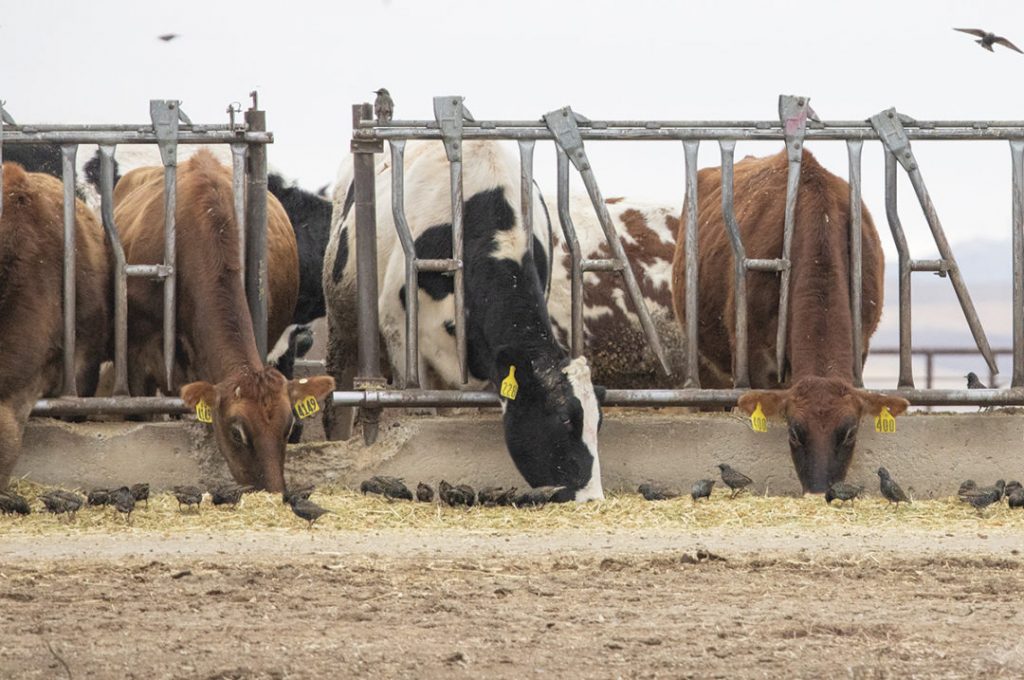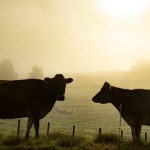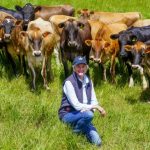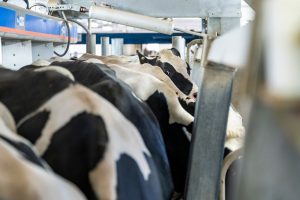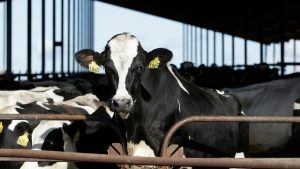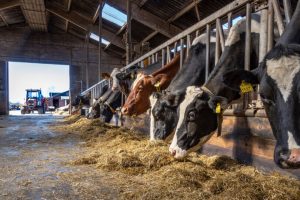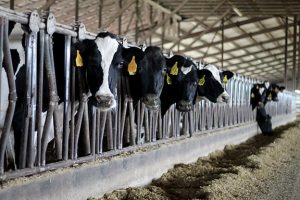
The US Department of Agriculture (USDA), Food and Drug Administration (FDA) and Centers for Disease Control and Prevention (CDC), as well as state veterinary and public health officials, are investigating an illness among primarily older dairy cows in Texas, Kansas, and New Mexico that is causing decreased lactation, low appetite, and other symptoms, according to a government-issued press release.
As of Monday, March 25, unpasteurized, clinical samples of milk from sick cattle collected from two dairy farms in Kansas and one in Texas, as well as an oropharyngeal swab from another dairy in Texas, have tested positive for highly pathogenic avian influenza (HPAI). Additional testing was initiated on Friday, March 22, and over the weekend because farms have also reported finding deceased wild birds on their properties. Based on findings from Texas, the detections appear to have been introduced by wild birds. Initial testing by the National Veterinary Services Laboratories has not found changes to the virus that would make it more transmissible to humans, which would indicate that the current risk to the public remains low.
Federal and state agencies are moving quickly to conduct additional testing for HPAI, as well as viral genome sequencing, so that we can better understand the situation, including characterization of the HPAI strain or strains associated with these detections.
At this stage, there is no concern about the safety of the commercial milk supply or that this circumstance poses a risk to consumer health. Dairies are required to send only milk from healthy animals into processing for human consumption; milk from impacted animals is being diverted or destroyed so that it does not enter the food supply. In addition, pasteurization has continually proven to inactivate bacteria and viruses, like influenza, in milk. Pasteurization is required for any milk entering interstate commerce.
Federal agencies are also working with state and industry partners to encourage farmers and veterinarians to report cattle illnesses quickly so that we can monitor potential additional cases and minimize the impact to farmers, consumers and other animals. For the dairies whose herds are exhibiting symptoms, on average about ten percent of each affected herd appears to be impacted, with little to no associated mortality reported among the animals. Milk loss resulting from symptomatic cattle to date is too limited to have a major impact on supply and there should be no impact on the price of milk or other dairy products.
You can now read the most important #news on #eDairyNews #Whatsapp channels!!!
🇺🇸 eDairy News INGLÊS: https://whatsapp.com/channel/0029VaKsjzGDTkJyIN6hcP1K
